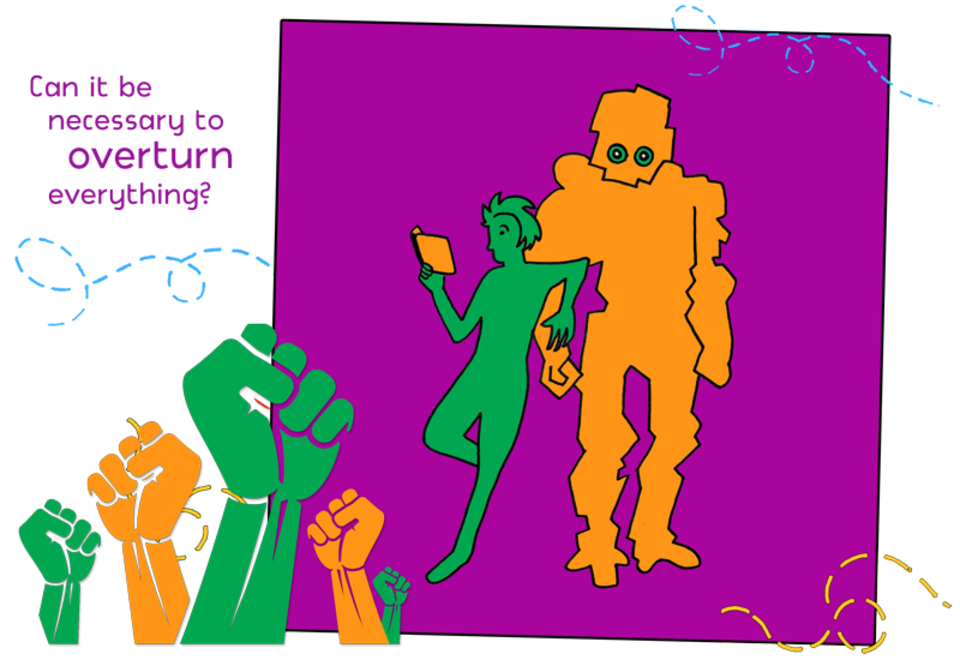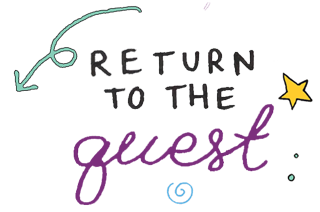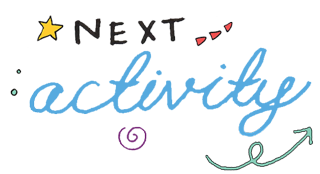
Reform or revolution?
This activity is inspired by the Taktikou and Alterlumi dialogues from the philocreation approach of our community partner Brila.
...
| Objective: To propel alternative representations of reform and revolution by transforming a struggling society! |
Duration: 30 to 60 minutes
Material:
- Your imagination
- Sheets of paper and pencils
Instructions:
Plutocratia is a very unjust country. One third of the population concentrates all the power and constantly increases its wealth at the expense of the environment, while the rest of the population lives in poverty and has no say in the government's decisions. To improve things, citizens need a concept that will help them transform their society. But who to choose: Reform or Revolution? They need your help to make this difficult choice...
...
- Imagine the concepts. Reform is a moderate change that takes place gradually. It is more easily accepted because it doesn’t create too much of a stir. Revolution, on the other hand, is a rapid and radical transformation that completely changes things! But many people are afraid of it, because it doesn’t hesitate to disrupt habits... Before choosing the concept that will help the citizens of Plutocratia, take a moment to imagine these concepts as if they were living creatures: what would they look like? What would their personalities, their perspectives on the world and their ways of living be?
- Choose the concept. Choose the concept that will help citizens transform their society, making sure to offer reasons to explain and justify your choice. Why would this concept be the best one to bring about change?
- Imagine the story. To test your ideas, write and illustrate the story of this transformation of Plutocratian society in the form of a historical narrative. What strategies will the concept you have chosen use to bring about change: dialogue, violence, strikes, art, etc.? And how will the population and leaders react? Explain how events will unfold as the country changes. Also add fictitious dates and names of important people in this society. For example, you could write: "August 11, 2027: Reform begins negotiations to transform society with Minister Evo Lution. Thanks to a long discussion and a good basket-ball game, an agreement was reached on minimum wage regulations but not on river preservation." If you’d like, don't hesitate to add pictures, just like they have in history books.
- Join the story. How would you like to live in a world where things change gradually... or suddenly? Try to imagine the positive and negative consequences of each of these approaches. Then answer the following questions: is it necessary to give people time to get used to change? Are there problems that are too urgent to wait for things to change gradually? Maybe it all depends on your perspective... Can it ever be justified to use violence to change things? Why or why not?
...
Bonus: People who are advocating for change, whether through reform or revolution, often write songs to inspire them in their mission. These songs not only describe different ways to bring about change (e.g., "Let's walk or bike wherever we go!"), but also the desired outcome of these efforts (e.g., "The dark clouds of pollution will disappear!"). To think about the changes you would like to see in our society, write your own song to inspire people to change the world! You can even try to make it rhyme and find some music to accompany it! Finally, ask yourself these questions: is it important to imagine a different world? Should art inspire people by describing an ideal world... or should it avoid giving them false hope? Can art change the world? Why or why not? |
Bonus plus: Some artists decide to express their political messages... with graffiti! For example, you can check out the work of artists like Banksy or Shamsia Hassani to see how they use their art to denounce injustices such as violence against women or environmental destruction. If you’d like, you can make your own graffiti on a piece of paper to express a change you would like to see in society. Also think about the following questions: should we be allowed to do graffiti anywhere? Who owns graffiti art? Can it ever be justified to deface other people's property? Why or why not? |

| Tricks for tots: What if you had to choose a concept to help you change your school? Would you choose reform, which slowly changes things bit by bit, or revolution, which changes everything overnight? Once you have chosen your ally, think about what you would like to change in your school. Is it the subjects you learn? The rules in the classroom? Recess hours? Now imagine how your concept is going to help you change all that! Finally, think about these questions: do you think it's hard to make changes? Is it better to change things slowly or quickly? Should children have the right to change their school? Why or why not? |
| Tips for teens: According to philosopher of science Thomas Khun, science progresses through revolutions. He described this process in a famous book, The Structure of Scientific Revolutions. Most of the time, scientists do what Khun calls "normal science": they try to better understand the world based on what he calls a "paradigm," a set of theories and methods that define what to investigate and how to investigate it. For example, back when physicists believed that the Sun and the planets revolved around the Earth—the geocentric paradigm—they were mainly interested in calculating the exact path of these orbits based on the assumption that the Earth was central and motionless. But according to Khun, anomalies inevitably arise: observations of the planets did not match the predictions of scientists working in the geocentric paradigm. These anomalies accumulate until it is impossible to ignore them. The paradigm then enters a crisis: some scientists doubt its validity and begin to imagine another paradigm. This is what Nicolas Copernicus did when he imagined heliocentrism, a new paradigm that places the Sun at the centre of our system. The scientific community ends up adopting the new paradigm, partly because it is better able to explain the data, but also because of psychological and social factors: it is often young scientists, for example, who first take the plunge, because they are less attached to the old paradigm. After this revolution, the cycle begins anew: scientists start doing normal science again... until the next paradigm shift! What about you, do you think a crisis is necessary to question our beliefs? Do you think that knowledge needs revolutions to progress? Is it important to remember that scientists are human beings who are sometimes influenced by things other than pure logic? Why or why not? |
Share your creative reflections by sending them via email.
Include photos of your projects and notes of your thoughts, as well as your first name and your age!


